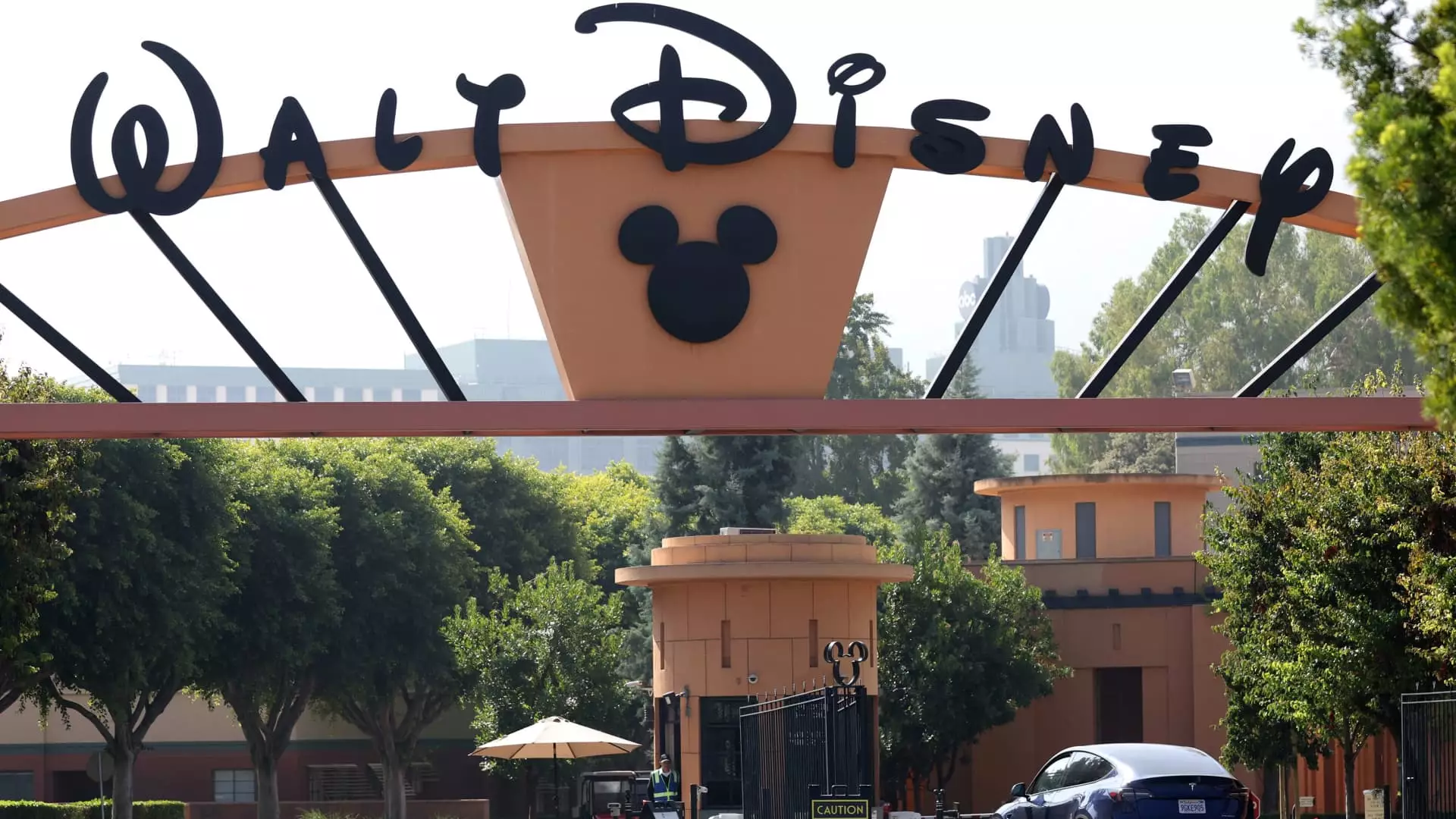The Federal Communications Commission (FCC) has recently unveiled a bold initiative, delving into the diversity, equity, and inclusion (DEI) measures implemented by the Walt Disney Company and its ABC network. This investigation isn’t merely a routine scrutiny in the regulatory landscape; it signifies a potentially transformative shift in how corporations engage with DEI programs. As a center-right commentator, I find it refreshing that a government agency dares to question the implications of such initiatives, which often mask discrimination under the guise of promoting social equity.
In a letter addressed to Disney’s CEO Bob Iger, FCC Chairman Brendan Carr has raised concerns about the possibility that Disney may be infringing upon the equal employment opportunity regulations. This inquiry is timely, particularly following former President Trump’s executive order aimed explicitly at curbing DEI practices within U.S. corporations. The dynamics at play here reflect an urgent need for accountability, especially among organizations that wield substantial cultural influence and have a responsibility to uphold fair treatment for all individuals, regardless of their background.
Where Did It All Go Wrong? The Disney Paradigm Shift
For many decades, Disney was revered not just for its blockbuster hits and charming characters but also for its ability to captivate audiences across generations. However, as Carr pointedly noted, a palpable shift occurred somewhere along the line—where the priority moved from producing wholesome, high-quality content to aggressively pushing DEI narratives that often appear shallow and performative. This pivot raises an unsettling question: Are we sacrificing genuine meritocracy and talent for the sake of ticking diversity boxes?
The notion that one’s career trajectory might hinge more on meeting DEI benchmarks than on individual skill and creativity is not just disconcerting; it flies in the face of what the entertainment industry has always stood for: creativity and originality. Instead of recognizing and nurturing talent purely on the basis of potential and innovation, companies like Disney may be adopting an approach that risks alienating audiences who value authenticity.
Is DEI Just a Buzzword? The Impact on Quality Content
The fervent push for DEI can lead to a superficial application that overlooks the core purpose of storytelling—the universal themes that unite us all. It’s crucial to ask whether DEI initiatives are indeed yielding meaningful progress or simply becoming buzzwords devoid of substance. In a world that thrives on creativity, the imposition of strict ideological frameworks often stifles the very art that companies like Disney purport to celebrate.
Carr’s investigation isn’t merely about regulatory compliance; it’s an opportunity to reassess what real inclusivity means in practice. Can we genuinely enhance representation without diluting the narrative quality that audiences have come to expect? When we prioritize inclusion over excellence, are we not doing a disservice both to marginalized communities and to the audience at large? These pressing questions demand honest reflection from an industry that has perhaps lost its way amid a cacophony of ideological fervor.
The Future: Can Disney Redeem Itself?
As the FCC dives deeper into Disney’s DEI framework, the outcome of this investigation could serve as a critical pivot point for the future of media corporations. The call for more ethical engagement with diversity is commendable, but it requires a delicate balance—one where corporations can embrace a spectrum of perspectives without succumbing to the compliance-driven nature of DEI that often stifles genuine innovation and creativity.
Disney stands at a crossroads where it can either reaffirm its commitment to quality storytelling or continue down a path that may further alienate its core audience. In an era where sincere engagement and authenticity are paramount, it’s imperative for outlets of creativity to remember the original marketing ethos: that storytelling should resonate not just in its message but in its execution. Only time will tell if Disney can navigate this investigation fully and emerge more committed to its foundational values than to the transient whims of the current cultural zeitgeist.

